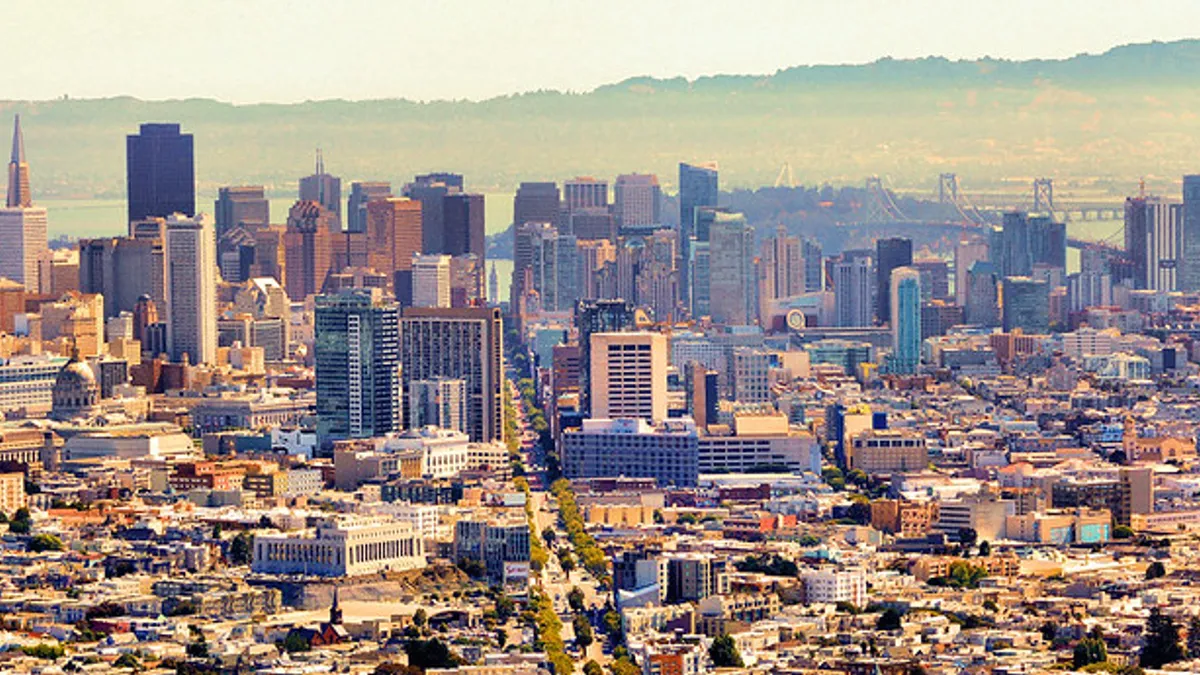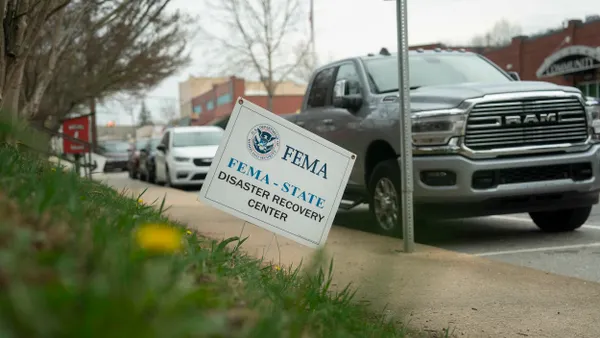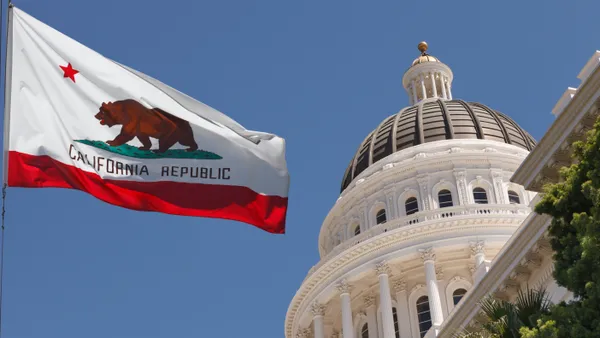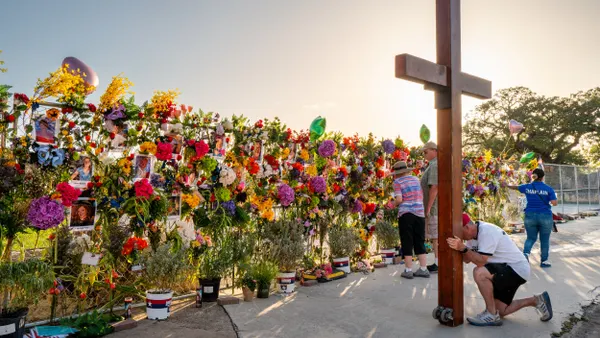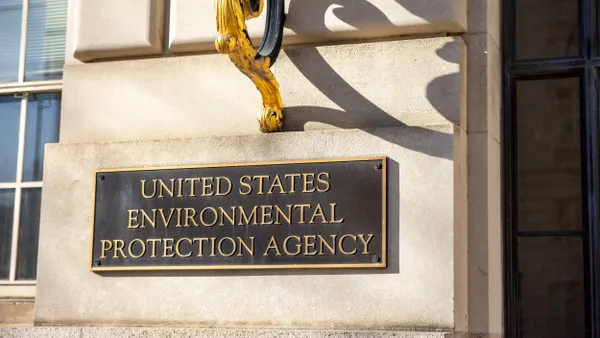Dive Brief:
- The Global Resilient Cities Network unveiled a new name, leadership and operational focus last week to promote more equitable communities and improve the ability for cities to recover from the COVID-19 pandemic.
- The group is now dubbed Resilient Cities Network (RCN), dropping the word "global" to to create a "shorter, stronger name that captures our legacy of leadership embedded in the network," a spokesperson wrote to Smart Cities Dive. RCN said it will focus on three priorities over the next two years through a "holistic resilience approach" that's anticipated to benefit 220 million citizens globally:
- Pursuing a resilient recovery that reinforces equity, promotes public-private partnerships, and encourages stronger economies.
- Building climate resilience to protect residents from water-related challenges while strengthening community ability to cope with climate change.
- Promoting circular economies via indigenous and technological solutions that enhance waste management and food systems.
- RCN also appointed new members to its Board of Directors and Global Steering Committee, including Houston Mayor Sylvester Turner and Asian Venture Philanthropy Network CEO and Chairperson Naina Batra.
Dive Insight:
The word "resilience" has taken on a new meaning in the face of the pandemic, RCN Executive Director Lauren Sorkin wrote in an email interview. "We’ve always talked about the way resilience speaks to the interconnected nature of a globalized society, and now we’re seeing just how much the relationships between cities and communities impact their ability to survive and thrive in the face of this challenge."
The network arrived at their three priorities for the coming years by taking stock of the over 4,000 resilience initiatives prioritized by its network cities, according to Sorkin. "Climate resilience and circular economy emerged as key themes shaping the resilience agenda globally," she wrote.
The City of Santa Fe in Argentina, for instance, is teaming up with communities to build "micro-processing centers" that mitigate waste, create more hygienic conditions during the pandemic and add over 13,000 jobs, according to Sorkin.
The network settled on those common themes despite the wide range of effects the pandemic has had on cities. When the network launched its Cities for a Resilient Recovery (C2R) coalition at the start of the pandemic, for instance, 95% of people infected with COVID-19 lived in cities. But today, more rural areas and smaller cities are seeing a rise in infections.
"We’ve seen over the past seven months that municipalities, cities, districts, and countries have fared wildly differently," Sorkin wrote. "However, we have seen that cities who took an integrated approach to understanding their strengths and weaknesses, and undertook steps to build resilience leadership and adaptive capacity, to understand and bolster their most vulnerable communities, and to fortify their infrastructure in a systematic way, have been far better placed to weather the impacts of COVID-19."
C2R is still functioning as part of the network's "actions to help cities achieve a green and equitable recovery," according to an RCN spokesperson.
West Coast cities for instance have been forced to take a more integrated approach to mitigating COVID-19 as they’ve also been confronted with a series of destructive wildfires stemming from the effects of climate change.
Some of the biggest challenges that city leaders have faced while mitigating the simultaneous effects of climate change and the pandemic have included the increasing "pace of change itself," according to Sorkin. Cities are now confronting a series of cascading crises, on top of lacking the support to develop innovative ideas that can be turned into bankable projects, she wrote.



